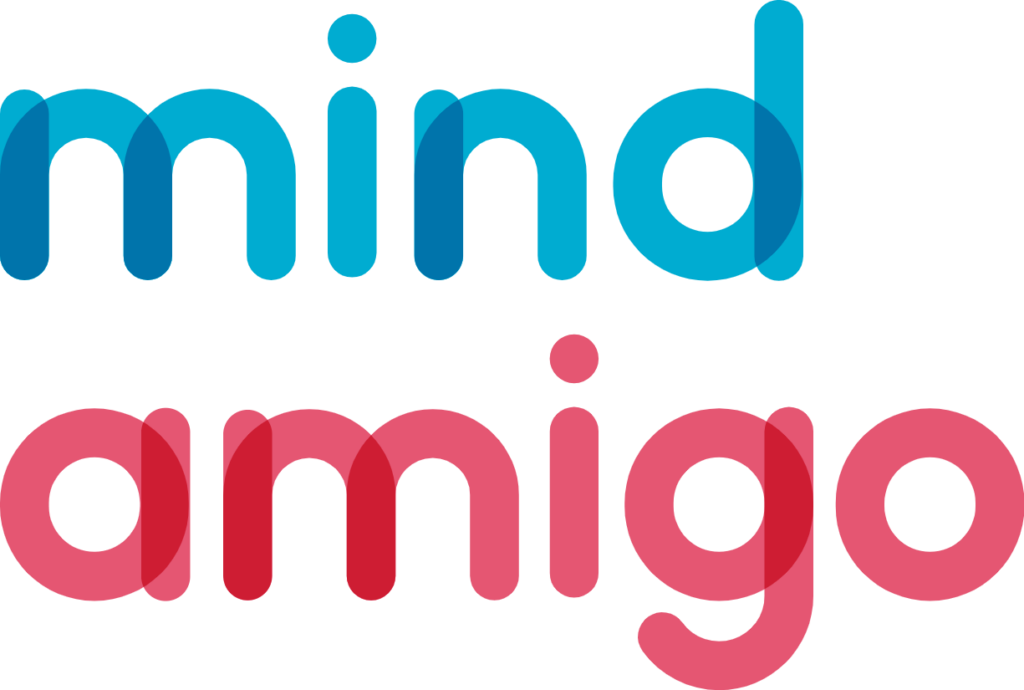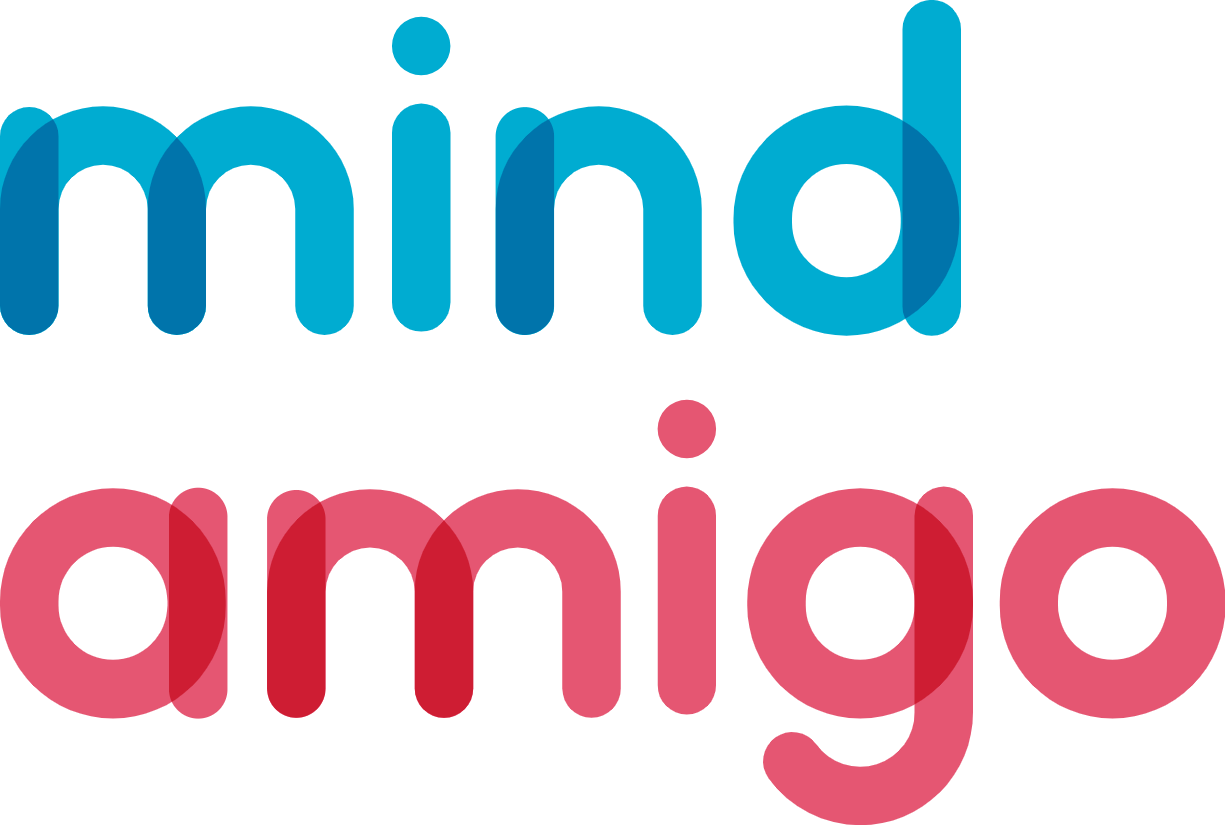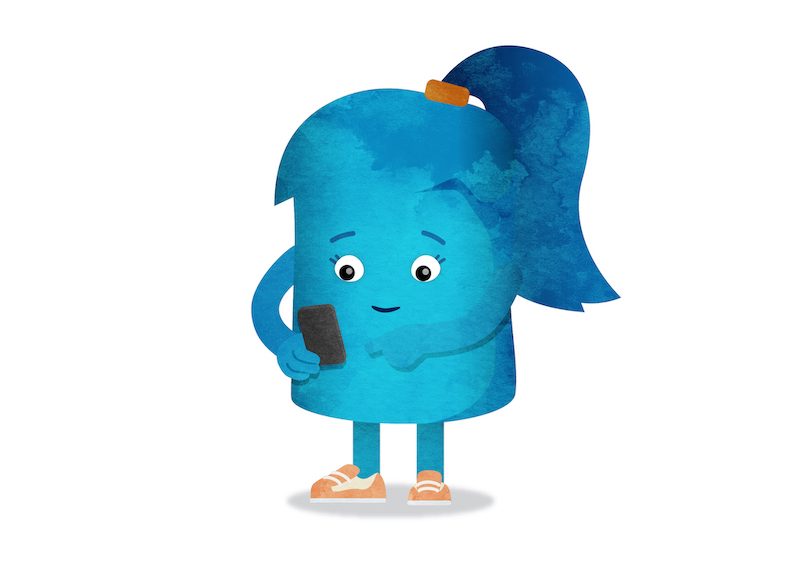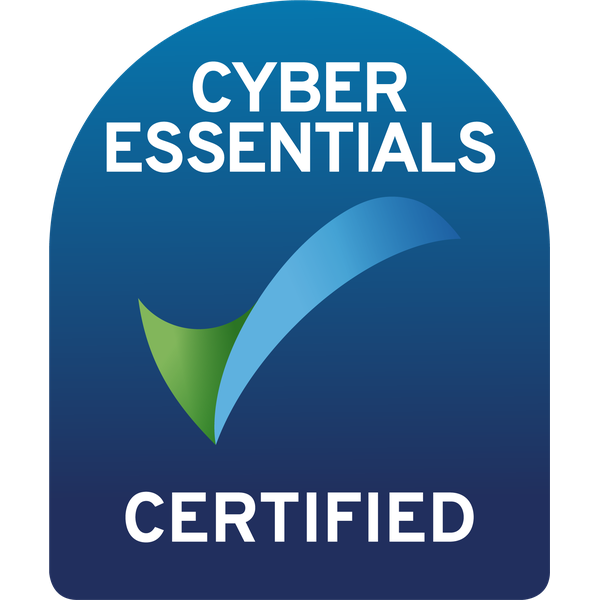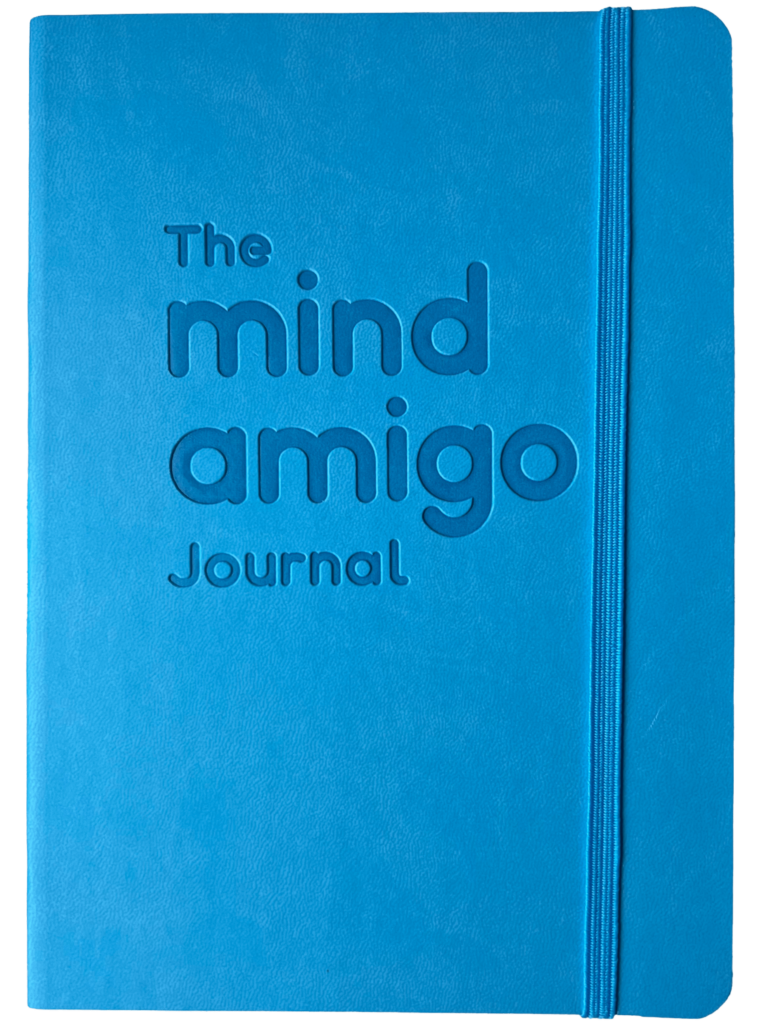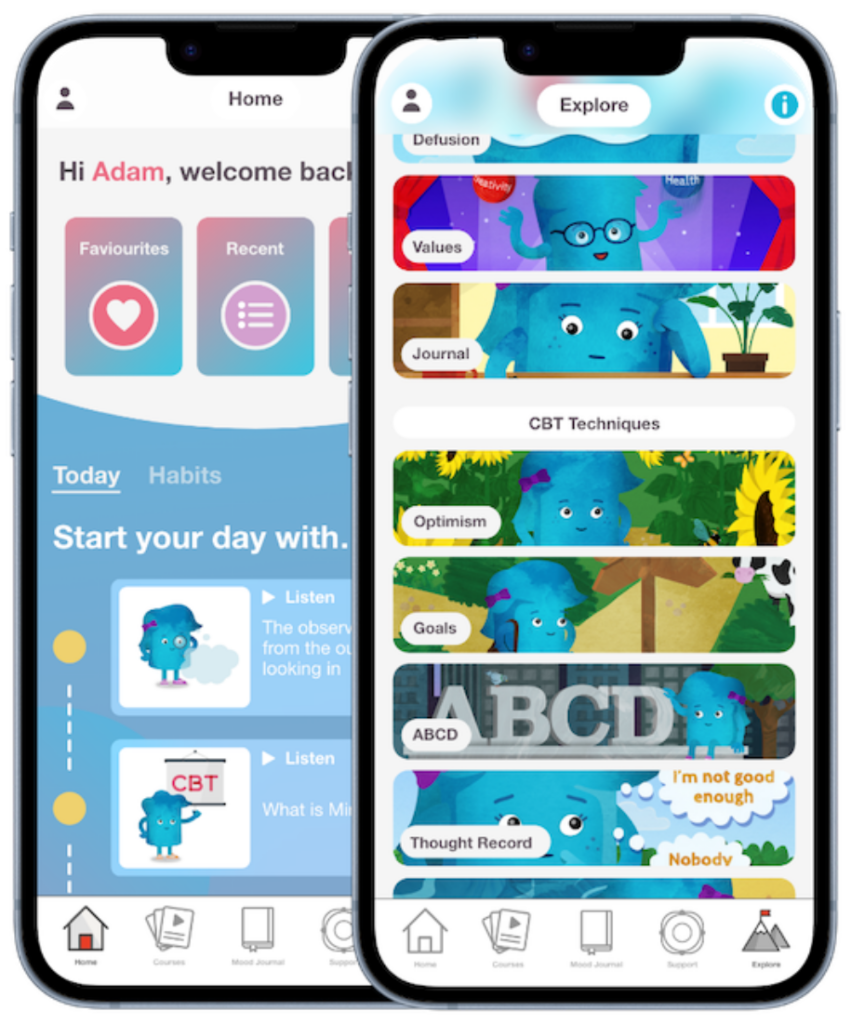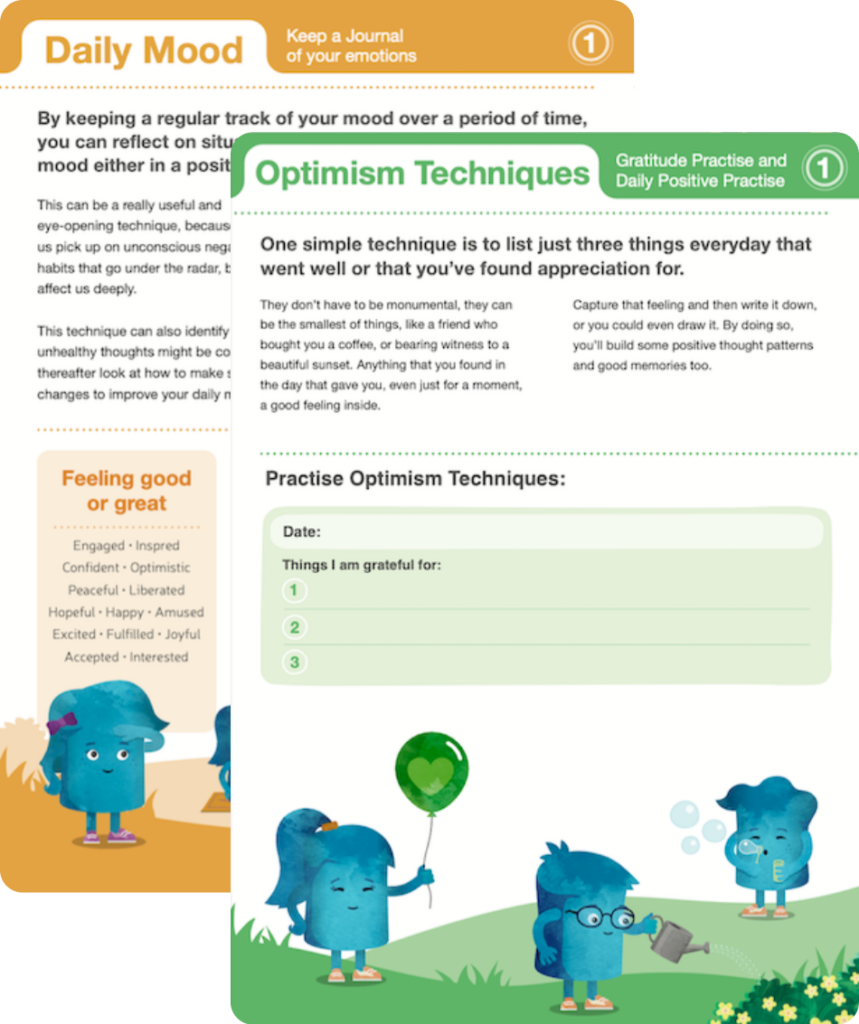Why are you reading this? You know why. There’s a curiosity and a sense that maybe social media has got a little too much of a grip on you.
Taking a closer look at social media and its effect on mental health is genuinely important. Social media can play on our insecurities and a lack of alternative things to do that can refocus us. It goes from “something to do” until it dawns on you that it’s becoming unhealthily addictive.
Many of us enjoy using social media to stay connected to loved ones, and to the rest of the world. It can be such a positive aspect of modern life, but naturally, there are some downsides too. Many of those downsides come from the way that we use social media, not necessarily the platforms themselves.
So, social media used excessively can cause us to feel anxious, depressed and isolated. In the worst case scenarios, you may develop such an unhealthy relationship with social media that you get a constant feeling of FOMO. Your own life may never compare to how you feel it should be, based on what you’re seeing online.
Are you using social media in an unhealthy way? Are you worried social media already is affecting your mental health?
Don’t worry, you are not alone and crucially, know that you can turn things around really easily.
Let’s take a closer look:
The Problems With Social Media Interaction
We are social creatures by nature. We thrive by socially interacting and making connections with others. Our mental health depends on it.
Before social media, we would interact much more in clubs, bars, at parties, at markets, workplaces, educational facilities and just, out and about.
These days, social media platforms are a major way that we interact with each other. However, they aren’t a replacement for person to person interaction, which is the bit that gives us those real life feel good moments!
It is a technology made to help us connect, and yet spending too much time on it, can actively cause a feeling of loneliness. This can in turn make anxiety and depression worse especially if we are predisposed to feeling low. We might think we are being highly social by chatting online and interacting with strangers commenting on posts, but in reality, that time spent online is time away from real interaction, which is what has the real emotional benefits for us as humans.
In addition, we can become more emotionally invested in the online world than we probably should be. Looking at constant posts of holidays, perfect bodies and people apparently living their best life isn’t going to make you feel good. Imagine being in a friendship group which was only ever a constant showreel? You’d be exhausted right? And yet, this constant exposure causes us to seek out that dopamine buzz we get from the responses we get. Over time, that does take its toll.
We want to belong to the crowd, we want acceptance. Suddenly what started as a way to share your real life, has you only sharing your best life, and now, you’re more self critical than ever.
Ask yourself these questions:
- Can your life ever compare to the apparent perfect lives of those you follow online?
- Are you more self critical the more time you spend online?
- Do you feel sad if you don’t get much interaction on your latest post? You post something and get hardly any “likes”. Wow, what’s all that about! Not good. Or just not good for you?
So many people feel the same way that you do, and it can be quite damaging to feel that way. We seek acceptance and belonging, so we keep going on social media to find that, but it can never really give us true interaction in the way that we need.
The worst part of all of the above, is that these platforms are known to be designed to be addictive. They are designed to give us a hit of dopamine whenever there is a new post or an interaction with something we have posted.
This is what leads us to excessively go on social media and yet unless we really are getting that positive buzz, the stress and anxiety that is the flip side, releases stress hormones like cortisol.
Is It All Bad?
Definitely not.
Social media itself is an incredible form of modern technology. It enables us to connect with friends and family members we might not be able to see in person. It enables us to connect with those of a similar interest, express ourselves, and it enables us to discover new interests and passions.
Used in the right way, social media is pretty amazing, and a great part of a balanced life.
How To Improve Your Relationship With Social Media
Are you feeling unhappy about the relationship you currently have with social media? Do you relate to any of the following statements?
- I compare myself unfavourably to other people who are on social media
- I have experienced trolling or cyber bullying that has affected me emotionally
- I find myself distracted when I am off social media
- I find I rarely have time alone with my own thoughts
- I have questioned my decisions to take part in risky or damaging behaviour to get more likes
- I don’t sleep well/ much because I am on social media last thing at night, first thing in the morning
- My anxiety/ depression is worse the more I am on social media
- I spend more time on social media than I do with my partner/ friends/ family
- I feel activities are pointless if I don’t get to take a picture of them and post about it
If you relate to some of the statements above, it is time to modify your relationship with social media. Here are some tips to help you do this:
- Spend less time online – a 2018 study found spending no more than 30 minutes on social media a day helped reduce a wide range of mental and physical health issues associated with social media use.
- Set Specific Time Aside – Maybe just set aside 30 minutes to an hour at a certain time of the day? Maybe early evening – check what’s been going on and you’ll realize that in fact, so little was worth knowing about and you what? It’s all been posted and it’s gone. FOMO will over time become less intrusive emotionally.
- Fill your time with something else – if you can find motivation to do something else with your time, then do it! You won’t feel so compelled to check social media. A new hobby maybe? Charity work? Exercise? Read a book? Healthy new habits will be much better for you than constant social media interaction.
- Spend more time with real life friends/ family – make more plans with friends and family in real life. Try to make new connections too, perhaps joining a club or hobby group. These interactions will give you those true emotional health boosters. Oh and, apparently you can just text someone about meeting up!
- Start cup filling – filling your own cup with love means practising mindfulness, reflection and gratitude. Filling the cups of others is also great and helps you feel a sense of purpose. Charity work is a great way to do this. Filling your cup and the cups of others with love and kindness will help you feel more fulfilled overall.
- Re-jig how you interact with social media – could you limit how much you post? Yes, of course! Could you allow yourself to have activities just for you, without posting about them? Yes, to that as well! Question your motivation for taking that picture and if you’re only looking for that ‘hit’ from posting something new, try to redirect that energy somewhere else.
Social media can be a great addition to your life but it should only be that, an addition. Social media shouldn’t be your whole life unless it becomes your career, and even then, you need breaks from it.
Control how you interact with social media. Question your motivation for posting and scrolling. Focus on filling your life with more real-life goodness.
Soon enough you will find a much better sense of balance. All the new happiness you gain will come from a wide variety of places, without that potentially damaging reliance on social media.
So go on, make that start…………
